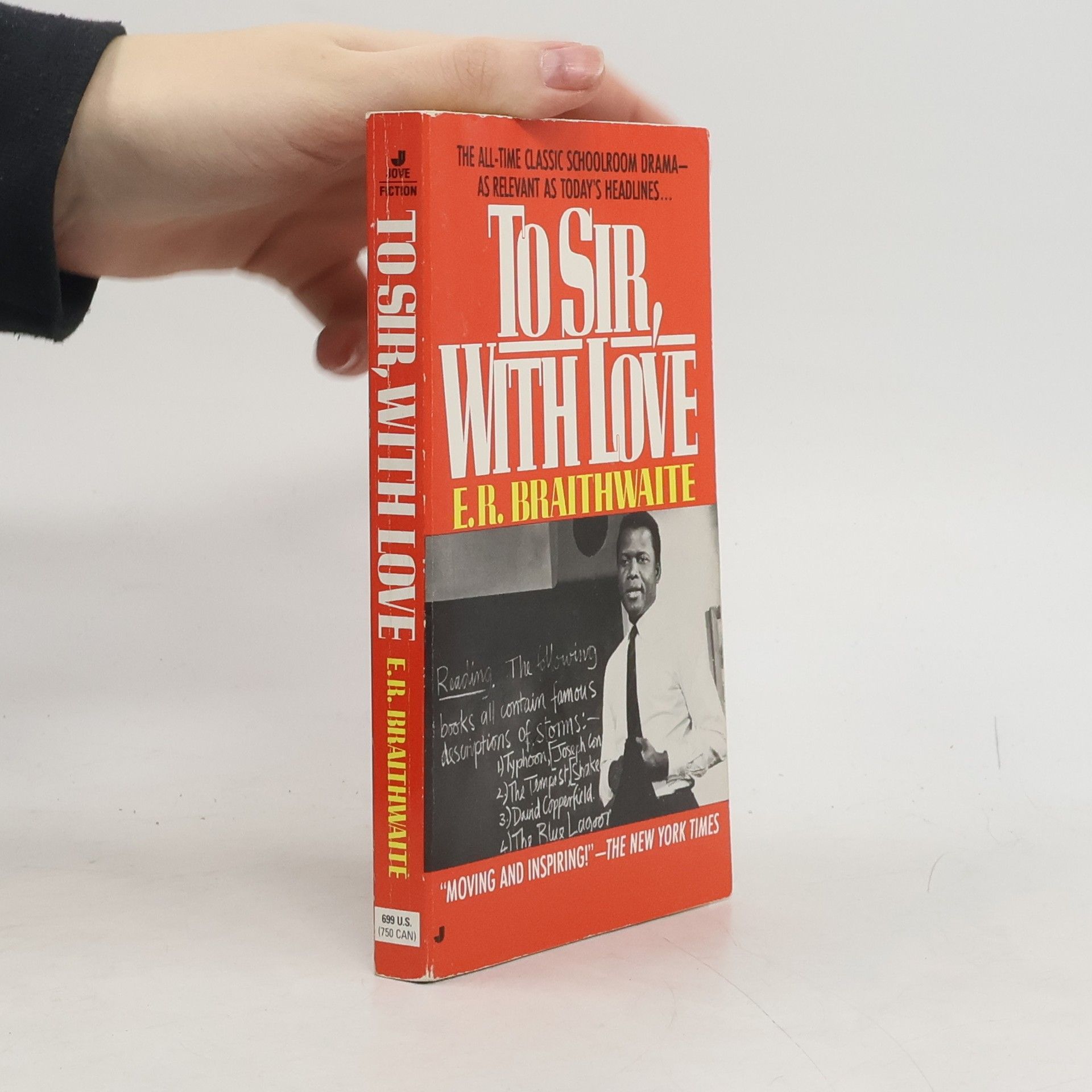To Sir, with Love
- 189 pages
- 7 hours of reading
The all-time Classic schoolroom drama - as relevant as today's headlines ... He shamed them, wrestled with them, enlightened them, and - ultimately - learned to love them. Mr. Braithwaite, the new teacher, had first to fight the class bully. Then he taught defiant, hard-bitten delinquents to call him "Sir," and to address the girls who had grown up beside them in the gutter as "Miss". He taught them to wash their faces and to read Shakespeare. When he took all forty-six to museums and to the opera, riots were predicted. But instead of a catastrophe, a miracle happened. A dedicated teacher had turned hate into love, teenage rebelliousness into self-respect, contempt into into consideration for others. A man's own integrity - his concern and love for others - had won through. The modern classic about a dedicated teacher in a tough London school who slowly and painfully breaks down the barriers of racial prejudice, this is the story of a man's integrity winning through against the odds.


